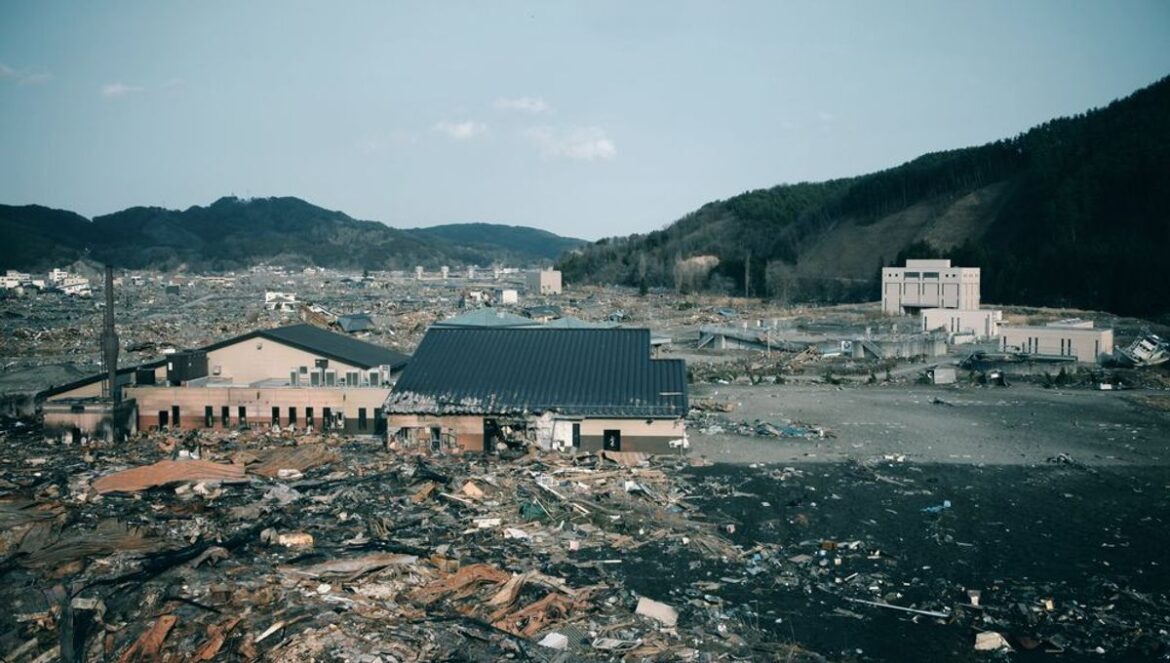On March 11, 2011, Japan was shaken by a catastrophic earthquake that precipitated one of the most infamous nuclear disasters in history: the Fukushima Daiichi Nuclear Power Plant incident. As the world grapples with the ramifications of nuclear energy, the profound loss of life and the ongoing fallout from the disaster invoke questions about morality, stewardship, and the essence of humanity as viewed through a Christian lens.
The immediate aftermath of the Fukushima disaster saw the release of large quantities of radioactive materials into the environment. As emergency workers and government officials scrambled to manage the crisis, the specter of mortality loomed large. Yet, understanding the human toll of the incident requires a nuanced examination beyond mere statistics delving deeply into both the immediate casualties and long-term health implications.
In the wake of the tsunami and subsequent reactor meltdowns, it is reported that there were no direct initial deaths attributable to radiation exposure. However, this assertion masks the broader tragedy emerging through the chaos. While the death toll from the explosion and immediate radiation was remarkably contained, the psychological and social repercussions led to loss in various forms. Thousands were displaced from their homes, prompting significant mental health challenges. Consequently, an estimated 2,000 lives were lost due to stress-related conditions such as suicide, depression, and other health complications exacerbated by the disaster. When coupled with the direct fatalities from the disaster, the figures give rise to harsh realities that command reflection.
From a Christian perspective, this intertwining of technology and mortality opens a discourse on the sanctity of life. The Church teaches that human life is sacred, a gift imbued with divine purpose. However, in the pursuit of technological advancement, humanity often finds itself entangled in ethical quandaries. The philosophical implications of Fukushima beg the question: how do we reconcile our empowerment through technological progress with our responsibilities as stewards of God’s creation?
Scripture offers profound insight into the nature of creation and our role within it. Genesis reminds us that we are called to care for the earth: “The Lord God took the man and put him in the Garden of Eden to work it and take care of it” (Genesis 2:15). The tragedy of Fukushima serves as a stark reminder of the consequences when creation is mishandled. The environmental devastation, marked by the contamination of air and water, calls into question the moral fiber of our environmental stewardship.
It is essential to discuss the potential sins of negligence and greed that plague the corporate entities involved in nuclear energy production. The rush to harness atomic power often overlooks the precarious balance between progress and preservation. For Christians, this raises a critical examination of corporate ethics and individual responsibility in advocating for policies that safeguard not only human life but also the well-being of the planet—indeed, the collective creation that God entrusted to us.
Furthermore, the international response to such disasters carries significant moral weight. How do nations band together to mitigate the fallout of one community’s struggle? This often leads to the question of solidarity and communal responsibility. In the wake of Fukushima, there was a palpable call among Christians and non-Christians alike to reflect upon our obligation to one another transcending borders and ideologies. The Christ-like mandate to “love thy neighbor” implores observance beyond mere geographical confines.
Moreover, examining the spiritual ramifications on the affected brings forward a poignant narrative of resilience and hope amidst despair. Countless survivors grappled with displacement, navigating through the emotional turmoil and seeking solace in their faith. Communities rallied together, fostering a spirit of perseverance that echoes the Christian tenets of love and support amidst suffering. This quest for recovery can tell a story of faith in action—a testament to the human spirit’s ability to rise above adversity.
Thus, in reflecting upon the Fukushima incident, we must acknowledge not only the painful loss of life but also the profound lessons inherent in this catastrophe. The dialogue surrounding the death toll calls for a more comprehensive understanding of what it means to lose life—not just in its physical form but in the myriad ways it can be disrupted. The Christian narrative weaves a complex tapestry; the lives lost represent not mere numbers but beloved creations of God, deserving of remembrance and analysis.
As society continues to navigate the ethical implications of nuclear energy and environmental stewardship, it stands on the precipice of a critical choice: to embrace a paradigm shift that honors the sacred nature of life and the sanctity of creation. The promises found in God’s word compel humanity to seek reconciliation and restoration, ever striving toward a future that respects the interconnectedness of all creation. Through thoughtful discourse and proactive engagement, we can cultivate a legacy that honors those lost, advocates for the well-being of our planet, and, ultimately, reaffirms our commitment to God’s divine plan.
In moments of reflection, it is paramount that we honor the lives impacted by the Fukushima disaster, respect the lessons learned, and confront the moral dilemmas inherent in our technological pursuits. In doing so, we engage in a process that is both redemptive and transformative, nurturing a future grounded in compassion, responsibility, and unwavering hope.



